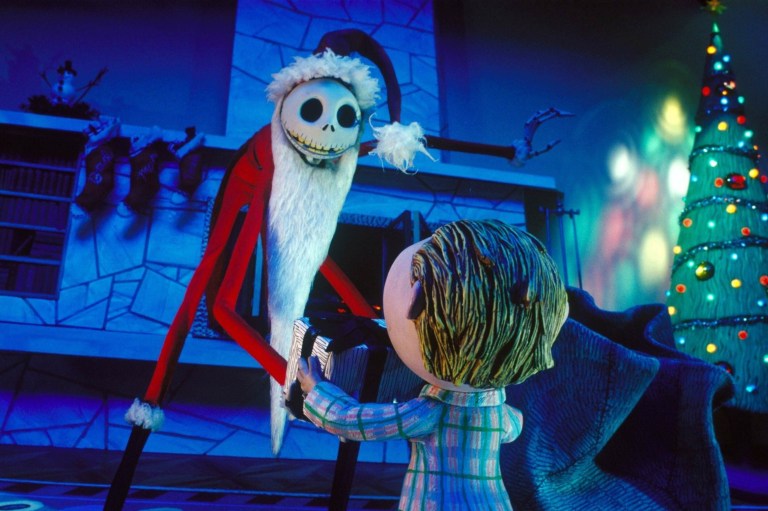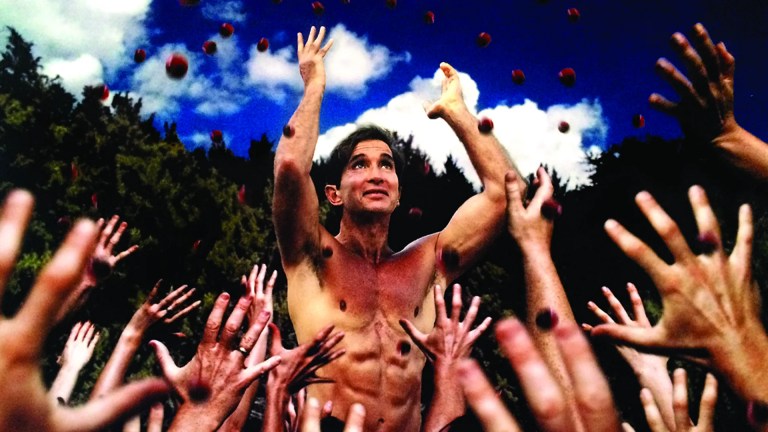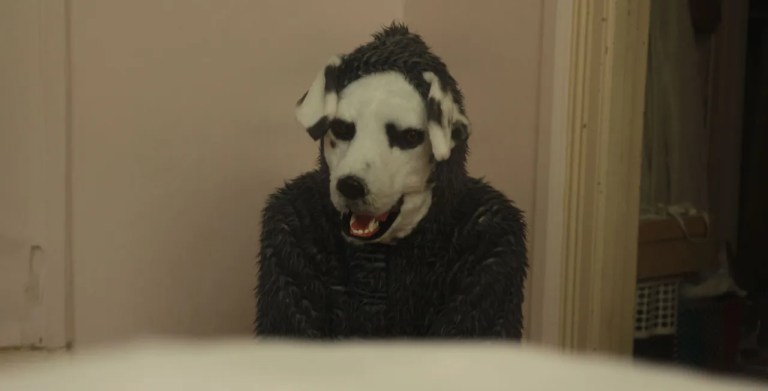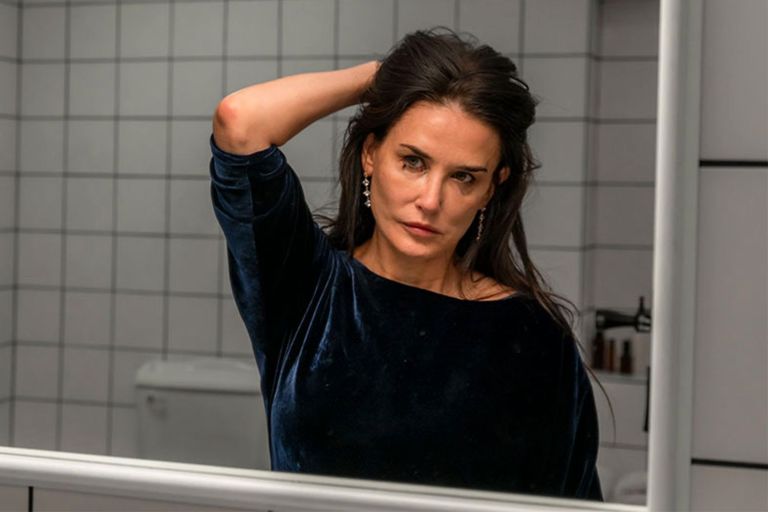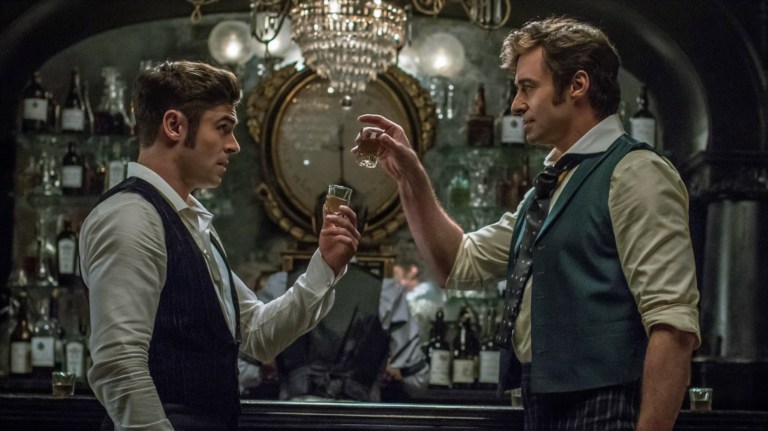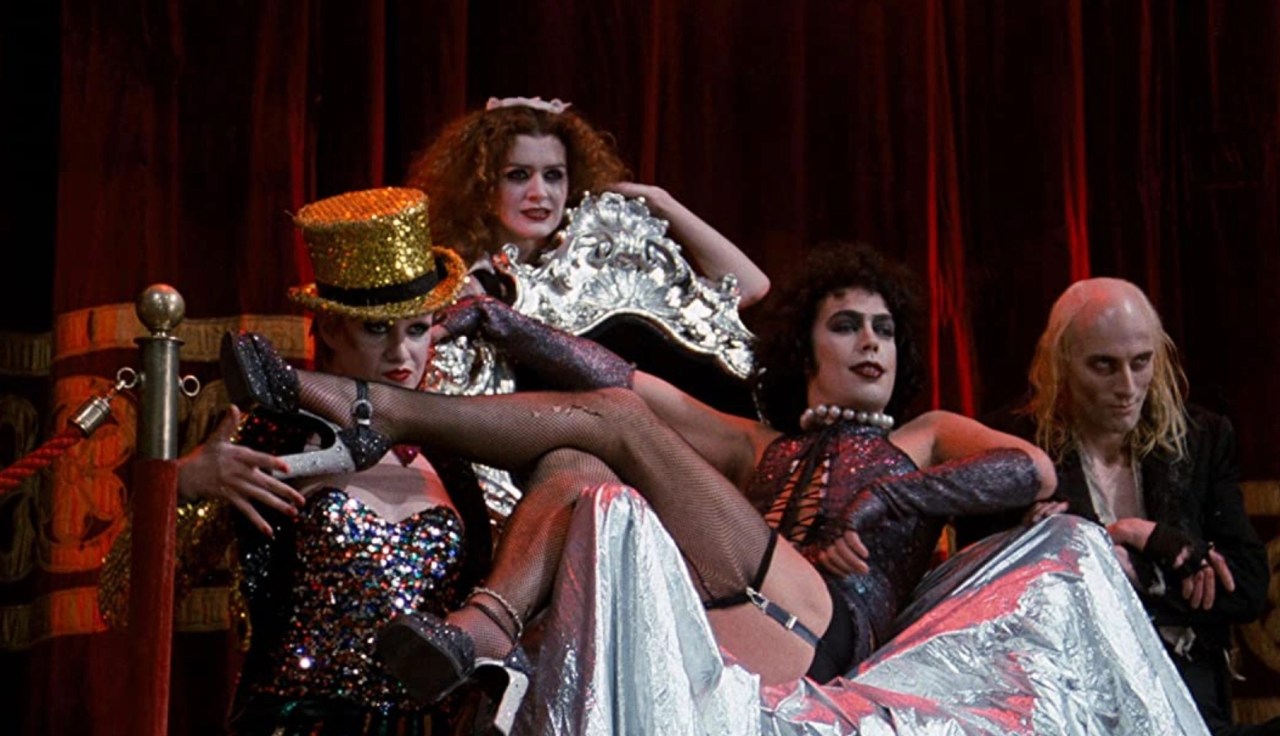
Watch This Cult Classic If You Hate Musicals (And Need To Get Over Yourself)
It’s crazy to think that 1975 was 50 years ago, but now that we’re in the summer of 2025, The Rocky Horror Picture Show really is 50 years old.
August 15, 2025 marks its golden anniversary, but a fact even more shocking than the events of the film is the sheer number of people who haven’t seen it. Of course, The Rocky Horror Picture Show began as a sci-fi B-movie musical horror comedy, which might sound off-putting to musical haters. But its cultural legacy spans far beyond the fact it’s a musical.
When Rocky Horror came out in August 1975, reviews were extremely negative. But as people embraced its campiness, a movement was built around Rocky Horror thanks to its midnight screenings. This led to it holding the record as the longest-running theatrical release in history because of limited edition runs around the world. But if you hate musicals, why might you want to be part of the Rocky Horror cultural phenomenon?
1. The Party
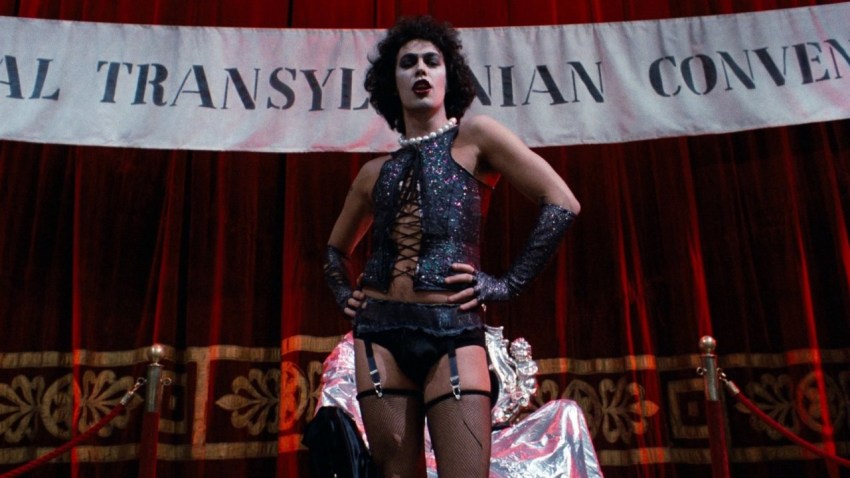
Many of the aforementioned limited runs include shadowcasts, a cast of performers who dress up in costume and act out the film alongside the projection. Audiences dress up and follow traditions, such as calls and responses or “counterpoint dialogue”, dance movements, the “virgin sacrifice,” and even throwing objects like rice and toilet paper.
Just picture it: you and a few friends dress up in fishnets and corsets, embracing your inner sexuality, darkness, and humor. You have a few drinks and head to the movie theater, where you’re welcomed as a Rocky Horror “virgin,” a friendly bit of hazing for someone who’s never been to a Rocky Horror screening. It might sound scary, but it’s basically a party like no other, where everyone is encouraged to be their truest self and is welcomed into the community. Even the “virgin sacrifice,” which may sound daunting to someone who doesn’t like attention, actually makes you feel part of the action. Whether it’s your 100th time or first time going to a screening, you feel like you’re part of something bigger than yourself, like you’re a valued and beloved partygoer, not just an audience member.
2. The Horror
Many horror film aficionados would probably deny loving a musical, but if you’re leaving Rocky Horror out of your film catalogue, you’re doing yourself a serious disservice. Horror doesn’t just include scary films—comedy is a key component of some of the best horror films. Movies like Scream, Cabin in the Woods, Young Frankenstein, and more rely on combining humor with fear to create a true visceral experience.
The film industry’s roots go back to horror, harkening to Universal Studios’ films of the 1930s, such as Dracula, Frankenstein, The Mummy, and more. Rocky Horror pays direct homage to these films with its own version of monsters, mad scientists, aliens, and other horrific elements. The inciting incident that leads Brad and Janet to the castle is drenched in horror imagery, while the trippy and slightly disjointed storytelling makes us feel like we’re in a fever dream. If horror is your jam, whether musically or not, Rocky Horror is both an homage and reinvention of the classic genre.
3. Punk Culture
Although Rocky Horror’s creator, Richard O’Brien, was directly inspired by the horror musical comedies of the earlier decades, costume designer Sue Blane said she didn’t actually conduct any research. This is, however, what gives Rocky Horror such a unique look and feel with its own sense of style. In Rocky Horror: From Concept to Cult, Sue shared: “I wouldn’t dream of taking credit for inventing punk! The Rocky Horror Show was definitely a big part of that build-up … I think certain elements of punk—for instance, ripped fishnet tights and glitter, and the funny-coloured hair—a lot of those aspects were directly attributed to Rocky.”
In addition, the music isn’t necessarily emblematic of classic musical theater. Songs like “The Time Warp” were actually much more in tune with popular rock and punk sounds of the ‘70s. It actually made top music charts around the world, showing how it transcends the musical theater genre. If you think musical theater is just about cheesy dance numbers and songs to show off a performer’s vocal chops, Rocky Horror will definitely surprise you. Punk comes from the idea that anyone can make good and meaningful music or art without formal training, often leading to new, unexplored looks and sounds that resonate with people on the fringes of society. Rocky Horror’s lean towards this punk look and sound make it a must-see for anyone who revels in counterculture, even if you hate musicals.
4. The Cast and Performances
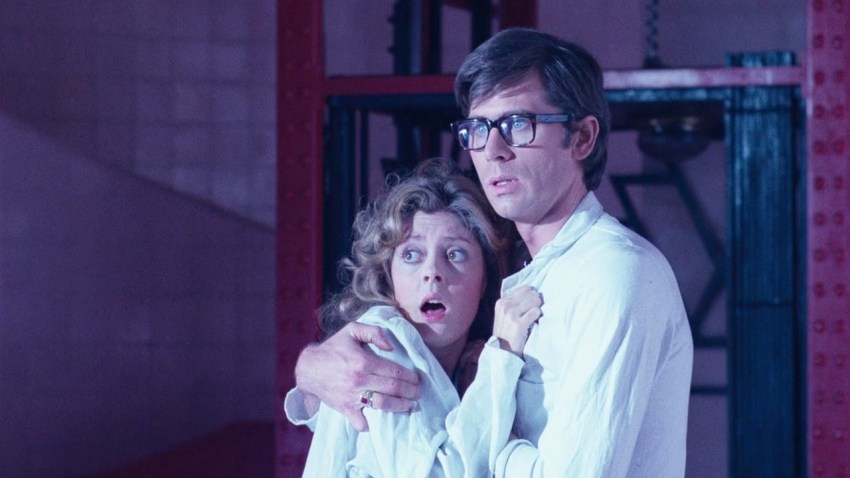
Released in 1975, you wouldn’t think the cast of Rocky Horror would still be relevant. However, with a cast featuring Susan Sarandon, Tim Curry, and Barry Bostwick, Rocky Horror is even more fun to watch. Now at 78 years old, it’s fun to see Susan as Janet in her heyday before going on to win multiple awards, Oscars and Emmys included. Barry, while not as well-known as Susan, is still a Tony Award winning actor who had roles on Law and Order: SVU, Scrubs, and more. But Tim Curry is the true showstopper. When he took the role of the “sweet transvestite from Transylvania,” he couldn’t have known that his film debut would spiral into an unrivaled career on Broadway, television, and film. And how could we forget Meat Loaf? Yes, the rock star, Meat Loaf, has a bit role (and a song) as the motorcycling delivery boy. With such big stars in a lower-budget film, Rocky Horror becomes somewhat of a time capsule.
5. Queerness, Sexuality, and Individuality
Much of Rocky Horror’s cult following and legacy is because of the queer community’s love of the film. Even though Frank-N-Furter feeds into the queer villain trope sprinkled with a bit of transphobia, the film’s dedication to camp and humor shows that this interpretation is more ironic than anything else. In fact, Brad and Janet’s journey is representative of exploring and understanding one’s own sexuality.
As the characters become more enmeshed in the castle, they strip off the boundaries and facades (and clothes) put upon them by “normal” society. Not only is this representative of queerness, but it also mirrors letting go of sexual repression. In the 1970s, people were much more sexually repressed than today, but even in 2025 with political leaders like Donald Trump, people are discouraged from expressing their true selves through sexuality and gender.
In fact, Rocky Horror can also be attributed as a community-builder for neurodivergent people. Simply anyone who has ever felt different or outcast by societal norms can find solace in the cult classic. As we try to fit into “acceptable” communities, Rocky Horror reminds us that there is community in the ostracized and different. In a roundabout way, Rocky Horror shows a world in which you don’t have to be LGBTQ+ to be part of the queer community. If you have any interest in queer culture, expression of individuality, or are seeking a sense of belonging, Rocky Horror is the place to be.
If you can’t catch a theater showing of The Rocky Horror Picture Show in your area, you can still rent the cult classic on Amazon Video.
